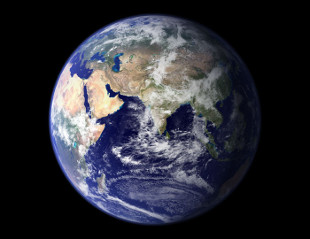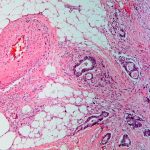
In Science, 48 researchers in the U.S. proposed the creation of an interdisciplinary Unified Microbiome Initiative (UMI) “to discover and advance tools to understand and harness the capabilities of Earth’s microbial ecosystems.” They emphasized the need for better imaging, adaptive modeling, experimental assessments rather than observational studies, and analyses of microbial chemistry and genome dynamics. “Many tools we call for are extensions of existing technologies, albeit ones that will require ingenuity and resources to implement,” wrote the researchers.
“We need a solid foundation rather than the quicksand we have at present,” Rob Knight of the University of California, San Diego, a coauthor on the Science paper, told The Atlantic.
In Nature, a trio of scientists from Germany, China, and the U.S. commented on the UMI proposal and recommended broadening the scope of the effort, writing: “Earth’s biome is not defined by national borders, and efforts to unlock its secrets should go global.”
The researchers called for an International Microbiome Initiative in addition to the UMI, citing the need for an even larger coordinated effort. The authors’ priorities include developing a common research agenda, controlled data sharing, improving cross-disciplinary methodologies, and establishing platforms for discussion. In their comment, the authors described the fragmentation of the life sciences and a lack of coordination among microbiome scientists as the two major stumbling blocks in the field.











RSS